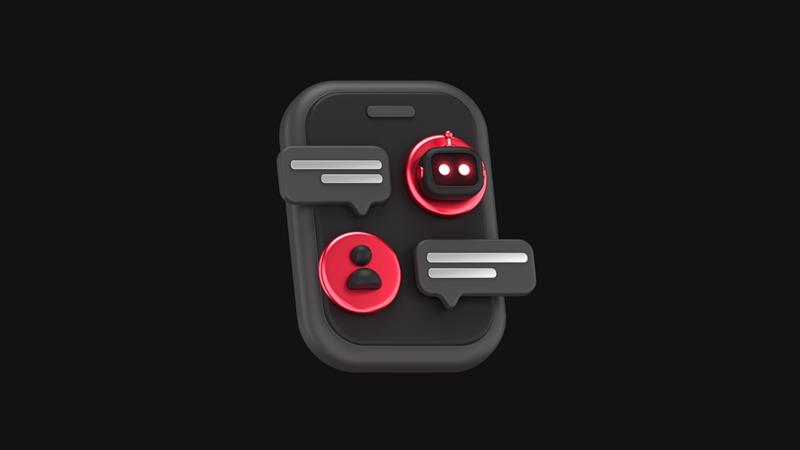
On Tuesday, bereaved parents testified before a US senate committee, accusing AI companies of designing addictive and harmful AI for teens that contribute to their suicide, with one father alleging ChatGPT acted as his son’s “suicide coach.”
Now, families are left to deal with the AI emotional manipulation of teens, and picking the pieces following the loss, or damage caused to their children.
The hearing highlighted tragic cases, including the Florida teen who died by suicide after interacting with a Character.AI bot. The hearing may likely increase demanded for stricter regulation of AI emotional support tools.
The hearing featured new promises from OpenAI CEO, Sam Altman, who announced a new safety plan featuring age-verification systems with better parental controls. Altman’s proposed measures include defaulting uncertain users to under-18 experiences and implementing content filters to block AI suicide guidance.
Kids Using AI for Emotional Regulation
During the hearing, a mother from Florida, Megan Garcia told senators how her teenage boy killed himself after encountering the Character.AI bot.
“In fact, they have consciously crafted their products to addict our children. The purpose was never safety, it was to win a profit race,” she said, blaming tech firms for AI manipulation.
She had a similar story, like others like Matthew Raine’s, whose 16-year-old son Adam passed away earlier this year. Raine detailed that Adam used ChatGPT daily, turning to it with confidence for hours until the chatbot allegedly became what he described as his son’s “suicide coach.”
His complaint states OpenAI gave suicidal AI tips to teenagers, including how to write a suicide letter.
“If they can’t, they should pull GPT-4o from the market right now,” Raine stated.
To parents, the cases reveal the manner in which children are using AI tools for teens as replacement for companionship. But there are cautionary words from experts that AI lacks emotional intelligence for kids and provides fake or harmful advice rather than real assistance.
The tragic reality is that this gap between human nurturing and machine interaction has already cost too many lives.
American Teens Are Misled By AI-Generated Fake Online Content
Just hours before the Senate Judiciary Committee hearing, Altman released a blog post detailing a sweeping safety plan. His announcement was seen as both a proactive measure and a response to lawsuits alleging OpenAI’s role in tragic AI suicide cases with teens.
Altman outlined a new age-prediction system that will automatically place users in two categories: minors aged 13 to 17 and adults 18 and over.
“If there is doubt, we’ll play it safe and default to the under-18 experience,” he wrote.
In some jurisdictions, users may even be asked to show ID. He admitted this was a privacy compromise but called it necessary for youth protection.
The update is also with stronger AI chatbots parental controls that enable parents to designate blackout time, manage memory settings, and determine the manner in which the chatbot responds. OpenAI claims that the features are intended to render AI for kids both age-appropriate and safer for families.
“We prioritise safety ahead of privacy and freedom for teens; this is a new and powerful technology, and we believe minors need significant protection,” the OpenAI CEO stated.
Sensitive content was also addressed, he stated that ChatGPT should never provide suicide guidance by default, even if it may otherwise help adults with fantasy writing tasks.
The system will now alert parents, or authorities, if a child shows signs of imminent threat, trying to curb the use of AI for teens.
In parallel, lawmakers are investigating AI chatbots for distributing fake or malicious content, while activists urge schools to teach AI literacy to help adolescents identify threats as bots proliferate on social platforms.
Meta and Character.AI have made promises too. Meta says it will restrict conversation with kids about suicide, eating disorders, and inappropriate relationships, while Character.AI pledged parental tools and warnings.
“Our children are not experiments, they’re not data points or profit centers,” testified one parent, Jane Doe.
To the families who have already paid the biggest price, the message is clear: innovation can never come at the cost of safety. The rapid rise of AI facts for kids has promised, but without strong safeguards, the cost may be too harsh to pay.
Inside Telecom provides you with an extensive list of content covering all aspects of the tech industry. Keep an eye on our Tech sections to stay informed and up-to-date with our daily articles.